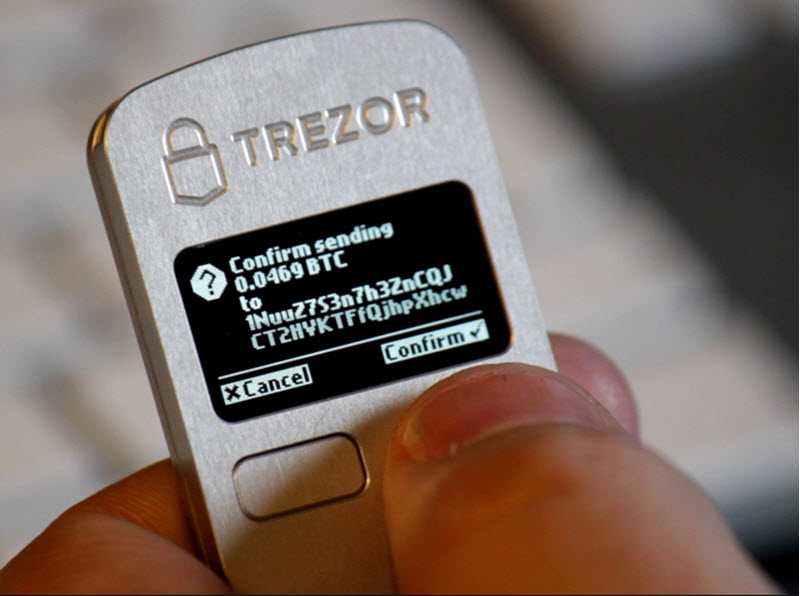You don’t actually store bitcoins on your computer, you store data needed to prove that you are the owner of those bitcoins. However, in colloquial use, we tend to refer to this simply as ”storing bitcoins on your computer”.
The first step is to download and install a Bitcoin wallet. This wallet will make it possible for you to to prove ownership of your bitcoins within the Bitcoin system. Bitcoin wallets can be used on computers and on mobile devices such as smartphones and tablets.
To make a transfer from your Bitcoin wallet, two cryptographic keys are required: your private key and a public key. Both are generated as needed.
To put it simple: There is no ”money” in your Bitcoin wallet. Instead, your wallet contains things that you need to prove your ownership of a certain number of bitcoins in the Bitcoin system. Bitcoins do not exist separately from the blockchain logs.

Contents
Background
The first Bitcoin wallet was launched in 2009, as a part of launching the whole Bitcoin cryptocurrency project. The creator(s) behind the software for the wallet was the mysterious person or persons hiding behind the pseudonym Satoshi Nakamoto. The wall was called Bitcoind and had open-source software.
Operative system compatibility
Bitcoin wallets are availble for:
- Windows
- Mac OS
- Linux
- Android
- iOS (Apple)
- Windows Mobile
Complete client or lightweight?
Before you download a Bitcoin client, you need to decide if you want one with a complete client or just a lightweight one.
With a complete client, transactions will be verified directly on a local copy of the blockchain. With a lightweight client, the client must consult a complete client to send out and receive transactions, since the lightweight client does not hold any complete copy of the full blockchain.
A complete client takes up a lot of storage space, needs a fairly powerful computer and uses a lot of internet connection bandwidth, which is why ordinary consumers tend to opt for a lightweight client instead. Dowloading and installing a lightweight client is also much quicker. There are lightweight clients that are small enough to use on a not-so-fancy smartphone.
Alternatives to storing bitcoins on your own device
Storing your bitcoins on someone elses server
You don’t have to store your bitcoins on your own device if you don’t want to, since there are plenty of business online that are willing to store them for you. The downside is of course that you give up some of your autonomy, and it can be difficult to know whom to trust online. The upside is that you still have your bitcoins even if your computer crashes, your smartphone gets stolen, etc.
This type of outsourced Bitcoin wallet is commonly known as a Web Waller or Online Wallet, since you access the company server through your internet connection.
Physical storage
Yes, it is actually possible to keep the required identification data in a physical form instead of storing it digitally.
A very simple solution is to print out the information and store the physical papers somehwere safe.
There are also physical bitcoin wallets available for sale, of which some of the more popular ones are shaped like coins.
A hybrid solution is to store the information on a USB memory stick. It’s still digital, but you can keep it offline and don’t have to worry about having it hacked.
This article was last updated on: December 6, 2018
